Baltimore Symphony explains why summer is cancelled
mainA background paper released today reveals just how tight the rope is that this orchestra is walking.
– It seems like things have moved very quickly in the past few weeks – how did we get to where
we are today?
Following significant advocacy by friends of the BSO and our musicians, House Bill 1404 (HB 1404) the John C. Merrill Act – was introduced by leaders in Annapolis during the 2019 session of the Maryland General Assembly. The BSO worked collaboratively with our musicians and leaders in Annapolis to ensure the passage of this legislation, a bill calling for financial support of $1.6 million annually from the State in each of the next two years (assistance given in addition to the very generous support the BSO receives through the Maryland State Arts Council) as well as authorizing a workgroup to help further examine our business model.
We had every reason to believe that the initial $1.6 million lifeline for FY20 would be forthcoming, and had expected to use this to immediately borrow funds in the form of a short-term credit facility to address our financial issues and help support efforts to operate ‘as usual’ while the workgroup was established and intensive discussions about the business model would continue. Unfortunately, final decisions have not yet been made about numerous items in the State’s budget, including the BSO grant. To-date, it has not been paid nor has a commitment to release the funds been made, and there is not a strong indication that the expenditure will be authorized. Against
these unknowns, and with the organization being left without sufficient capital to secure the credit facility needed to cover the expenses of the proposed summer season (which has consistently performed at a deficit), the BSO was left with no choice but to quickly adjust course by cancelling the summer season and reaffirming the contract proposal originally put forth in October.
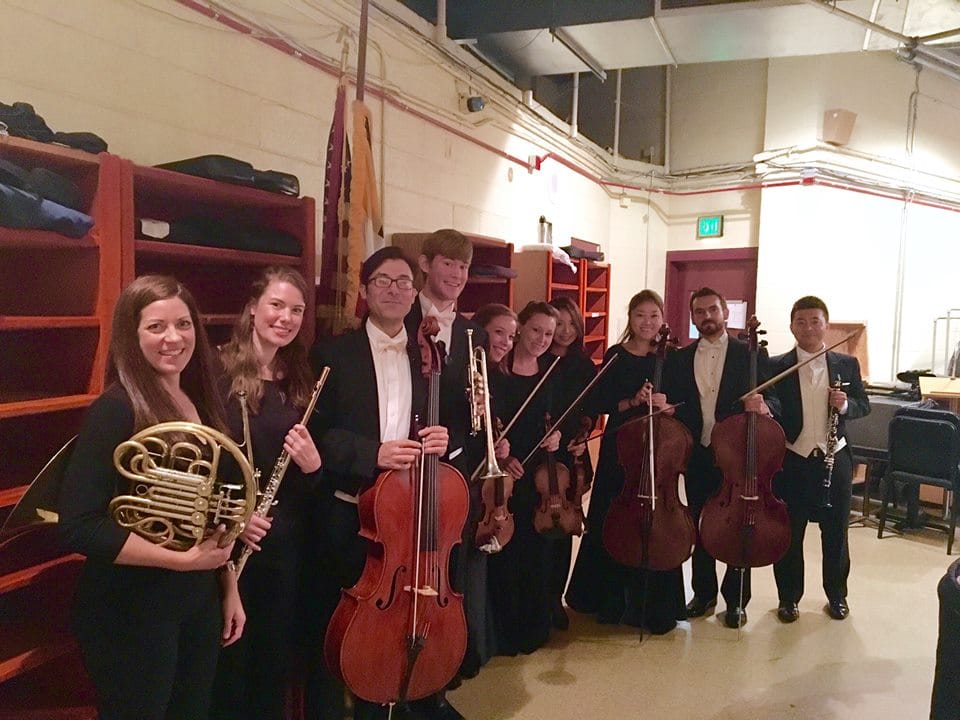
UPDATE: It’s a lockout.
– If the fiscal situation is so dire, why announce the summer season to begin with?
The BSO administration and Board have communicated about the organization’s structural financial challenges – at the heart of our Resounding Campaign was the need for significantly increased endowment funds and capital to be able to increase the associated draw from the BSO Endowment Trust. And while the BSO had emphasized that the additional $3.2 million (over two years) lifeline anticipated from the State by HB1404 was not sufficient on its own to address our significant financial challenges, we were optimistic and eager to leverage that investment to secure not only the proposed loans but also additional fundraising support. As such, we worked together in partnership
with our musicians. We announced a modest schedule of summer concerts in the spring as we usually do. We understand that these are extremely difficult times for all involved and, while the BSO has been very transparent with our musicians (musician representatives sit on the Finance Committee of the Board, which reviews financial results on a monthly basis), when the future of these funds became unclear and the situation changed we needed to act quickly.
– If the fiscal situation has been so dire for so long, why did the BSO go on the European Tour?
Receiving invitations to the festivals such as those in which the BSO was featured in 2018 speaks to the exceptional quality of the orchestra. The BSO is committed to maintaining this quality as well as to touring, recording and broadcasting. Regarding the 2018 tour specifically, its associated expenses were covered through festival performance fees in addition to public and private funding
designated strictly for this purpose and which the BSO would not have otherwise received. Our financial challenges far predate the tour and, unfortunately, we would have been in this same situation regardless of it happening or not. As a significant cultural asset of Maryland, we are still so proud to have showcased the sounds and talents of the BSO under Marin Alsop to international audiences – and hope those audiences will be inspired to support us in the future.
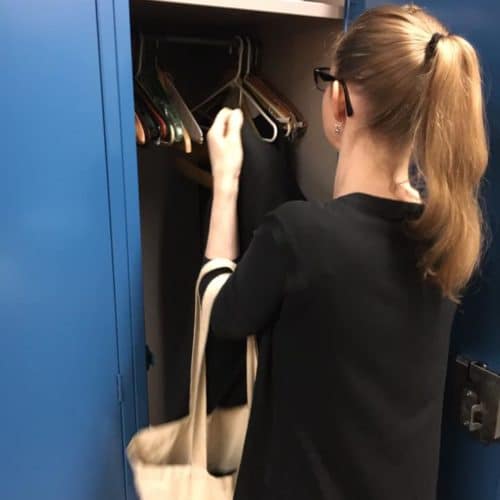
Baltimore musician clearing out her locker ahead of the empty summer

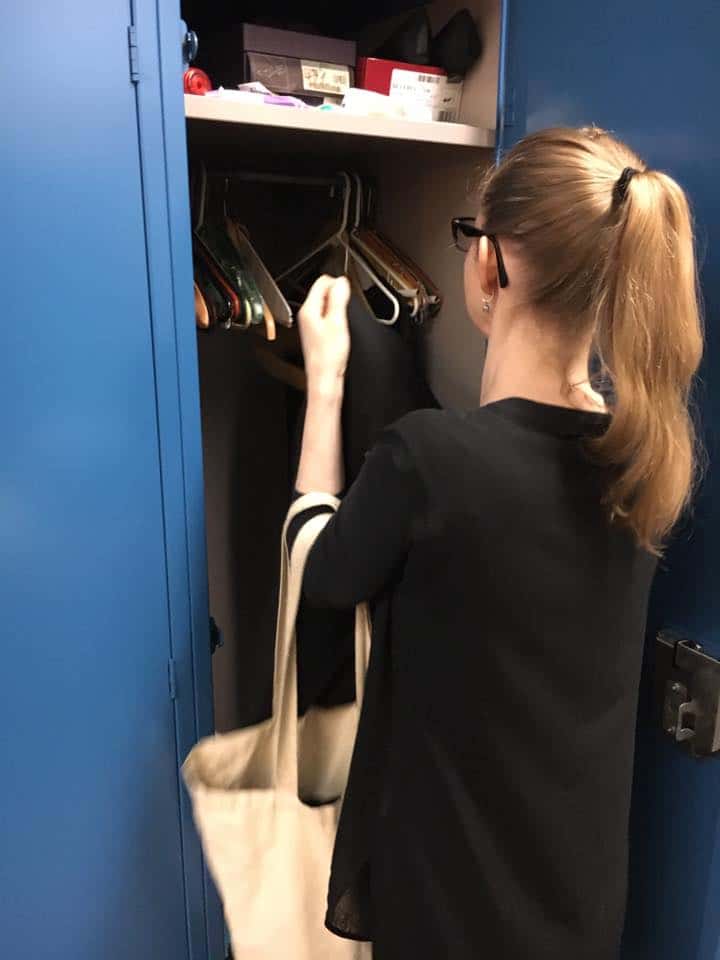
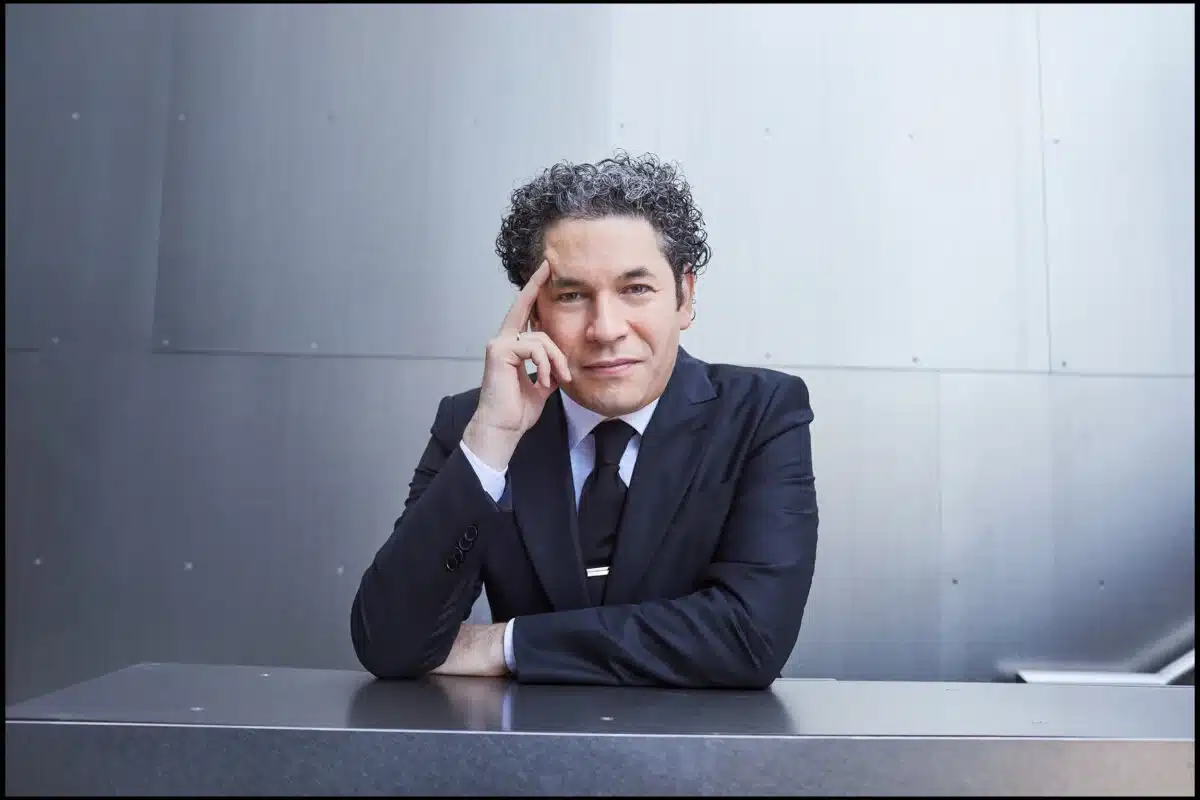

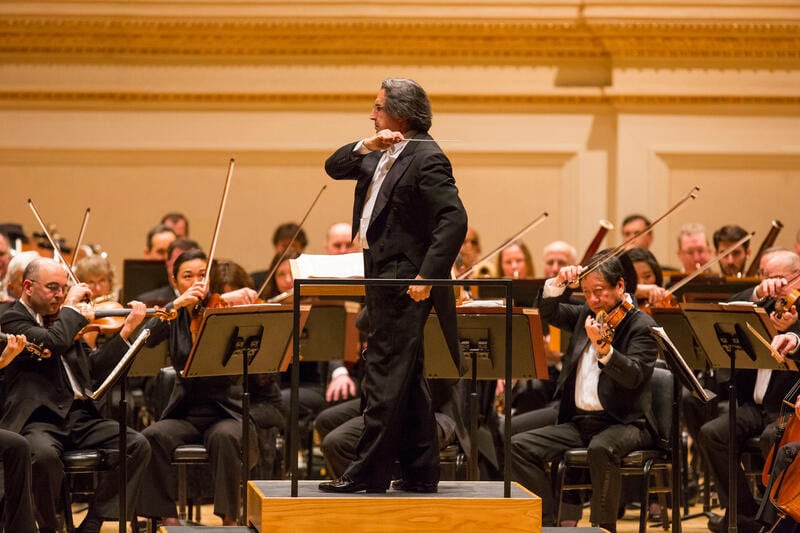

Something is strange regarding their numbers. According to the most recent records I could find (FY 2016-17), the Symphony’s endowment stood at $101,746,416. Using the common practice of drawing 5% per year, the Endowment would then be contributing $5,087,320 per year to the Symphony, assuming that the stock market remained steady (which, I understand, it is not always.) The grant from the State is very nice but it’s only $1.6 million.
In FY 2013-14, the Symphony finished in the BLACK by $1,629,056. There followed several years of finishing in the red: 2014-15, by $2,564,308; 2015-16, by $4,674,266; 2016-17, by $3,087,589. Quite a reversal in such a short time!
The stock market can go up and down as everyone knows, but hasn’t it proved itself a winner regarding long term projections? Fear of the market would be a poor excuse
I heard a portion of the BSO’s Prokofiev Romeo and Juliet recently and was very impressed.
“While we have a money shortage, our shortage of honesty and integrity is even more pronounced” – Press Release (Short Version)
While I totally support female conductors and their right for equality in the profession, I’m so tired of hearing about Marin Alsop and the orchestras she has ruined… She is going to do the same in Vienna, just wait and see. Every now and then, I get a call from a colleague in my orchestra who tells me how terrible was their experience with her. I think she is a mediocre musician and doesn’t have the basic skills needed to stand on the podium and lead an orchestra . Please end this joke!
Don’t shoot the conductor, she’s doing the best she can. I’ve played in orchestras she’s directed and seen how effective a spokesperson she’s been for the arts in general. She’s not the BSO’s chief liability. Based on past experiences in MN, it takes a delusional Board and management to kill an orchestra. It’s much easier to destroy an artistic institution than it is to rebuild it. The MN Orch lucked out through a fortuitous combination of player solidarity, community support, and a new visionary Board leadership that chose to throw out the bums that bumbled into the PR nightmare of the lockout. Boards that fail to build bridges between player, community, and donor stakeholders are a disgrace and a threat to cornerstone organizations like Orchestras. Beyond their role as performers, they are role models as teachers and standard bearers of art that in many ways serve as the infrastructure of the arts for the broader community. Anyone who can’t build a case for supporting the presentation of some of the highest achievements of humankind doesn’t deserve to be in the driver’s seat.
I only see one problem; donations are insufficient to cover the BaltimoreSO. Every orchestra balances its budget through donations. This is necessary even with 100% capacity. So, where are the BIG donations? Obviously, the endowment campaign must have failed in some sense.
Big financial donations come easier when the MD steps up to the plate and commits to a true collaborative effort. That includes demonstrating genuine empathy and gratitude to the people who are making consequential donations.
This has been a weakness in Baltimore for quite a while.
Some will point out that there are relatively few Fortune 500-type companies headquartered in the region, and that newer high-flyers like Under Armour don’t see the value in bankrolling “high culture” like the companies of yesteryear. That’s true. But like in other cities, there’s plenty of money in the Baltimore metro area. You just have to make a meaningful effort to attract it.
Enquiring, while your statement is true on a literal level, I find that it constitutes a fallacy that extends beyond the Baltimore situation to a lot of American classical music. If the BSO (meaning for these purposes Baltimore, not Boston) performed to 100% capacity – or 90%, or anything like that – it WOULD receive the large donations to cover its costs. It just would.
I’d encourage you to seek out a lot of good coverage of the crisis that has appeared in the Baltimore Sun, if you can access it. It’s ironic because that newspaper is emblematic of another challenged industry in the US – daily “newspapers” that aren’t global brands like the New York Times, Washington Post, or Wall Street Journal. But the Sun has stepped up despite some criticism, including from the musicians themselves, for a kind of “both sides” objectivity on the situation, including in the newspaper’s own editorials. It’s in that coverage that you can discern an element of some people’s concern of “throwing good money after bad” if the state of Maryland or private philanthropists do respond fully and promptly to the crisis.
Instinctively, the musicians have produced various letters from decades-long subscribers protesting the situation and talking generically, and inevitably somewhat resentfully, about the value of classical music to humanity and so on. While I know this is counter-intuitive to many people, what I would love to see instead is a letter from somebody that said, “I just found out about this fabulous orchestra last year and man am I charged up about going to their concerts and no I don’t have any extra money myself to donate but please solve this, all you folks in philanthropy and government.”
I did see one letter from a young person who stated a connection to the orchestra, but tellingly, it was that he or she (couldn’t tell which) had a marketing internship planned for this summer with the BSO, and there was no mention of actually going to BSO concerts. That won’t do the trick either in shaking loose the public or private funds needed.
None of this changes the fact that the timeline leading up to the lockout has been very strange and the explanations, such as those quoted above in Norman’s post, very tortured and unconvincing. But there’s a mindset shift that sometimes needs to take place in what will work to make things better. It’s the same shift in mindset that other classical music presenters need to make in avoiding a negative spiral where the smaller that audiences get, the more likely it is that there will be a badly delivered pre-concert speech lecturing the concert-goers that “you know, ticket prices only cover a fraction of our costs” (something that NEVER should be expressed to paying customers during the course of a musical event). I hope this helps the discussion, at least a little bit.
An orchestra is better of with a million $10 donors than with ten $1,000,000 donors. The more people who have a stake in an orchestra, the healthier the artistic ecosystem.
Absolute incompetency on the part of the Board! It was the Board that got the BSO into the mess. Aren’t Board members in the USA supposed to dip into their wide pockets to enable loans to be guaranteed? How many more times will we hear of other orchestras in the same situation.
“Aren’t Board members in the USA supposed to dip into their wide pockets to enable loans to be guaranteed?”
Short answer: No.
Long answer: Any organization — in any country — making that proviso a stipulation for joining their board would have no board members at all.
They aren’t required to do so, no, and they don’t all come from great wealth.
I think that they ARE required to for the BSO. And rightly so; most non-profits have a minimum giving level. And, should.
Also, it’s time for them to start focusing on EDI, and to start being a collaborative force with each other as an entire organization. Every single person in that organization is a salesman for the product. On and off the stage.
[small correction to me previous comment: “an orchestra is better off,” not “better of.” Thanks!